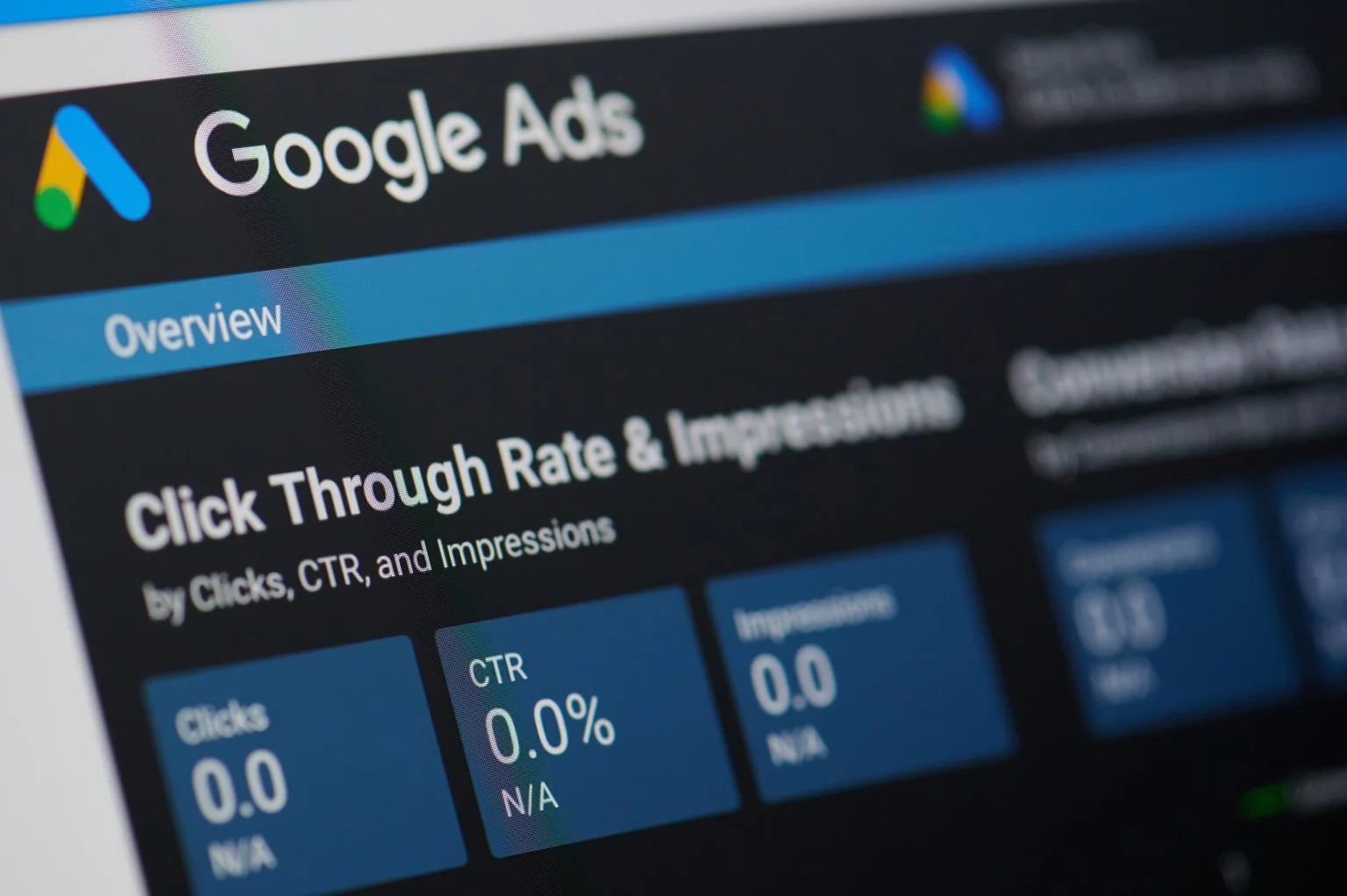
In recent years, privacy concerns have increasingly influenced the landscape of social media analytics strategies. With platforms implementing stricter privacy measures and regulations like GDPR and CCPA coming into play, businesses and marketers are facing significant challenges in gathering and analyzing data for insights.
Here, we'll explore the privacy changes prompted by major tech companies like Facebook and Apple and the broad impact of these changes on social media analytics strategies.
What is GDPR and CCPA?
GDPR (General Data Protection Regulation) is a set of rules in Europe that helps protect people's personal information online. It tells companies how they can collect and use data while giving individuals more control over their own data.
CCPA (California Consumer Privacy Act) is a law in California that gives people more control over how companies use their personal information. It allows Californians to know what data companies collect about them and gives them the right to ask companies to delete their data or not sell it.
Evolution of Privacy Changes
The rise of social media platforms has provided businesses with valuable opportunities to understand and engage with their audience on a deeper level. Social media analytics, which involves gathering and analyzing data from these platforms, has become an essential tool for businesses to measure the effectiveness of their marketing efforts, understand consumer behavior, and make data-driven decisions. However, with growing concerns about privacy and data protection, the way businesses approach social media analytics is undergoing a transformation.
Privacy changes are not a new phenomenon, but the ones sweeping through the social media domain are pretty big. Key developments such as Facebook's reworking of data policies and Apple's introduction of App Tracking Transparency have initiated a paradigm shift. Now, users have more control over their personal data than ever before. These changes are affecting how businesses interact with their audience on social media and the insights they can glean.
Facebook's Adjustments to Data Use
Facebook has started focusing more on privacy because people are watching closely and rules are changing. This is causing a big shift, especially for marketers who rely on Facebook's robust data about user behavior and preferences. Now that they're phasing out things like third-party cookies and other tracking mechanisms, it's harder for businesses to see how well their campaigns are doing on social media.
Apple's App Tracking Transparency
On the other end of the spectrum, is Apple's introduction of App Tracking Transparency. It means, that developers have to explicitly ask users if they want their data to be tracked across apps or websites owned by other companies. This move is a direct blow to targeted advertising and personalized social media strategies that rely heavily on cross-platform data aggregation.
The Impact on Social Media Analytics
The impact of these privacy changes is multifaceted and affects every stage of the social media analytics pipeline, from data collection to interpretation. As businesses grapple with an ever-shrinking pool of data to work with, their strategies must adapt to the new reality.
With these privacy changes, businesses are facing a data collection crisis. The challenge now is to engage in practices that are not only legal but also ethical and transparent. Marketers must pivot to new methods that are less reliant on user tracking, such as survey-based analytics and incentivized data sharing (the practice of offering rewards, benefits, or incentives to individuals in exchange for sharing their personal information or data with a company or organization. This can include things like discounts, loyalty points, access to exclusive content, or other perks).
The provided data is only as good as the insights it generates. Businesses must find creative ways to interpret the data they have with a privacy-first outlook. This may involve a more context-driven analysis that values quality over quantity, as well as an emphasis on soliciting user feedback directly.
Social media analytics have long been the bedrock on which companies built their digital marketing strategies. The difficulty lies in measuring success without relying too much on detailed user information. Instead, businesses are turning to things like contextual clues, engagement stats, and data they collect directly from users themselves to measure how well they're doing.
Adapting Social Media Analytics Strategies
Despite these challenges, your business can adapt its social media analytics strategies to navigate the evolving landscape of privacy changes effectively. Here are some strategies to consider:
- Emphasize Consent and Transparency
Prioritize obtaining explicit consent from users before collecting their data for analytics purposes. Be transparent about how their data will be used and provide clear opt-in/opt-out mechanisms. - Focus on First-Party Data
With third-party data becoming more limited, your business should concentrate on gathering and analyzing first-party data obtained directly from your customers. This includes data collected through website interactions, email subscriptions, and loyalty programs. - Invest in Privacy-Friendly Analytics Tools
Explore analytics tools and platforms that prioritize user privacy and compliance with regulations. Look for features such as anonymization, data encryption, and built-in consent management. - Use Aggregated Data and Trends
Instead of relying solely on individual user data, analyze aggregated data and trends to identify broader patterns and insights. This approach will allow your business to glean valuable information while minimizing privacy risks. - Strengthen Data Security Measures
Implement robust data security measures to protect user data from unauthorized access or breaches. This includes encryption, access controls, and regular security audits.
As privacy changes unfold, businesses must stay flexible and well-informed. Being proactive in adjusting to new regulations and technological advancements is essential for maintaining a competitive edge in the digital marketplace.
The shift towards privacy in social media analytics is not just about compliance but also about being part of a larger conversation with consumers. By listening, adapting, and communicating transparently, your business can forge stronger connections with your audience.
We are entering a new era of social media analytics where privacy is paramount and users are empowered. By adapting with integrity and foresight, you can continue to harness the power of social media while respecting the sanctity of user data. It's a challenging path ahead, but one full of opportunities for those willing to tread it with innovation and empathy.



.webp)






















































